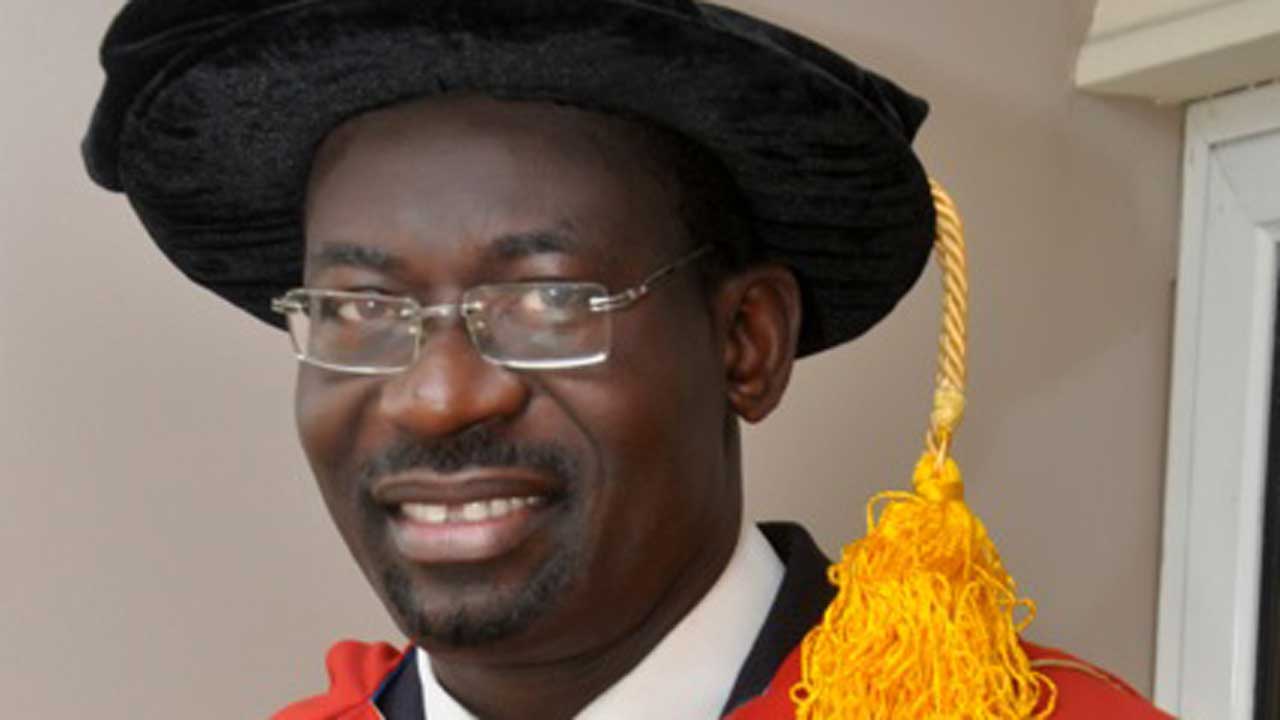
The Dean, Faculty of Environmental Sciences, University of Lagos, Professor Mike Adebamowo, and some other senior lecturers, including Drs. Ini-Obong John; Kudirat Zakariyyah; and Muyiwa Agunbiade, have said investment in infrastructure remains integral to the economic advancement of Nigeria.
A Fellow of the Nigerian Institute of Architects, Adebamowo, and others spoke yesterday during a news conference at Akoka in the wake of the faculty’s inaugural two-day construction summit which held last month with the theme, Smart Infrastructure for Sustainable Competitiveness: A Co-creation Agenda for Competitive, Inclusive and Sustainable Construction Industry in Nigeria.
According to the dean, “investment in infrastructure is key to enhancing sustainable development in Nigeria. Their development requires a holistic approach because it is inter-woven with other aspects of the nation’s economy.”
He noted that the observations of the summit included “statistics of chronic uncompleted projects over a period of three decades; challenges facing the delivery of smart infrastructure such as poor planning; inadequate financing; political instability; lack of continuity in project funding as well as bureaucracy in the allocation of funds; supervision of projects; poor management culture and wasteful construction techniques.”
Adebamowo added that one of the resolutions of the gathering was substitution of the present construction approach “which leans heavily on inefficient, wasteful construction techniques for a more innovative and smart indigenous technology to enable the provision of affordable housing for the population as well as to meet the huge housing deficit.”
He pointed out that there was “need for a maintenance policy that enhances public-private partnerships in the sustainability of available infrastructure.”
According to the dean, the summit was consequent upon the “dearth of human capital skill development, wasteful culture of Nigerians and utilisation of outdated building techniques which make construction in Nigeria and Africa highly capital intensive.”
Adebamowo went on: “The development of a smart technique will enable the labour force to produce excellent results. The three tiers of government should make deliberate efforts to maximise the available scarce resources to facilitate infrastructural development.”
The other dons harped on the lexicon, ‘smart’, noting that it leads to doing things in a way that “is efficient, effective, sustainable in the context of the Nigerian culture.”



